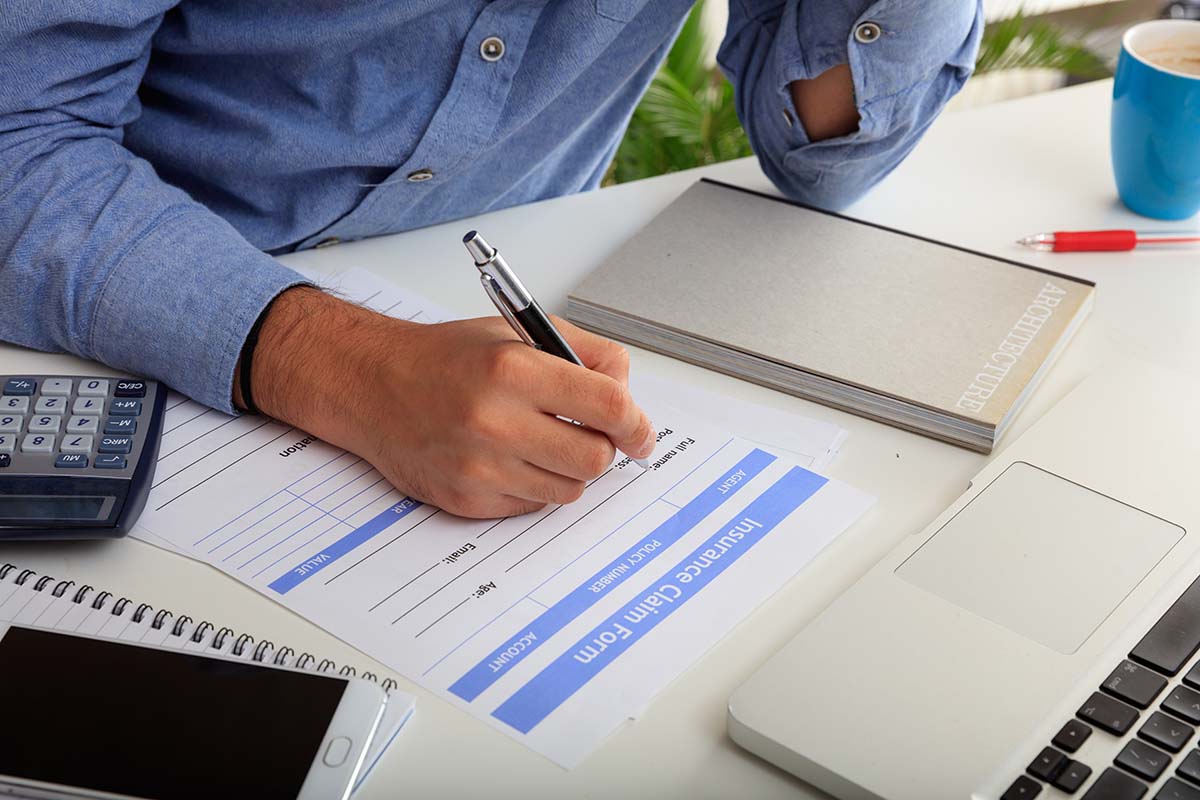
How to prepare for a claim
February 20, 2023Even when you have carefully arranged the insurance cover you need, you continue to wish that you’ll never need it – you hope that you do not need to make a claim. But what if unforeseen events happen? This blog discusses how to prepare for a claim.
According to the Association of British Insurers (ABI) Key Facts 2022, 68% of adults in the UK have motor insurance and 61% have building insurance. Since they are probably the two most common types of insurance, therefore – with one or the other, or both – arranged by a large majority of the population, let’s consider how to prepare for a claim on either your car insurance or property insurance.
If you have such insurance cover, it is important that you have already considered what must be done when you make a claim since the earlier your response and the sooner you contact your insurer the more accurate will be the all-important details surrounding the events leading up to your claim. The sooner you get the ball rolling, the fresher your memory of events is likely to be – and your insurer will be relying on your account of just what happened.
Motor insurance
Whether you have arranged cover for the family car or own a business for which you operate a whole fleet of vehicles, preparing for a claim is likely to follow much the same path following any accident:
- first and foremost, of course, make sure everybody is okay and, if necessary, call an ambulance (erring on the side of caution when making that decision);
- however tempting it might be, never admit your liability at the scene;
- take the details of anyone involved in the incident (including the registration of their vehicle, their name, address, contact numbers, and insurance information);
- also, make a note of the details and contact information of any witnesses to the accident;
- if possible, before any of the vehicles have been moved, take photographs of the scene – or if no one has a smartphone or camera, be ready to make a detailed sketch plan;
- contact your insurer as soon as possible – the prompt reporting of claims, particularly if you’re at fault, can help reduce the cost of the claim. For example, your insurer may arrange a replacement car which will work out more cost-effective than you using a third party, since this almost always inflate the costs of the claim; and
- speak to your insurance broker to assist and guide you through the claims process if needed.
Property insurance
If you are preparing for a claim on your property insurance, the procedure is somewhat similar in so far as the insurer will need to know exactly what has happened and the extent of any loss or damage suffered – so some of the details may vary:
- if your claim involves an incident at home or other property you own, your immediate response will be to try to mitigate any further loss or damage;
- that means quickly arranging any emergency intervention or repairs – by calling a plumber to stop a leak, for example, or arranging for a door or window to be boarded up if your property has been broken into;
- at this early stage make sure that any expense is reasonable and not excessive since you will be responsible for those costs until your insurer has accepted and given an initial assessment of the claim;
- contact your broker or insurer to begin the reporting procedure – you will need your policy number or address information to hand so that the insurer can identify your policy;
- depending on the size and nature of the loss, your insurers may appoint a loss adjuster to visit your property and investigate the claim. A loss adjuster’s role is to take in to consideration everything involving your claim and its knock-on effects. For example, if you have a major flood, when calculating the claim value, the loss adjuster may take in to account the costs of drying out the property – so giving you compensation for electricity costs;
- for the more straightforward or low-value claims, your insurer is more likely to send a claims form to be completed and returned, along with photographs and two or three independent estimates for the proposed repairs or remedial works; and
- if it is a theft or vandalism-related claim, you’ll need to have reported the incident to the police and obtained a crime reference number to pass on to your insurer.
Summary
When making any insurance claim, remember that the principal reaction is to ensure that no one is injured and that everyone nearby is now safe.
Steps then need to be taken to mitigate any further loss or damage – even where that involves a reasonable and not excessive degree of expenditure on your part.
With the immediate scene stabilised, contact your insurers as soon as possible, recognising that you will need to provide an account – illustrated with photographs where possible – of exactly what happened to cause the loss or damage for which you are claiming. In the case of road traffic accidents, if your account can be backed up by witnesses, so much the better.
If you need to make a claim, feel free to contact us on 01702 826060. Or ring your Insurer, who is identified in your Schedule and Policy Wording.
When calling your Insurance Company direct, they may ask for your policy number, so it is useful to have your policy schedule to hand, if possible, when reporting a claim.